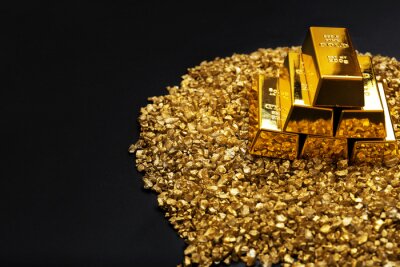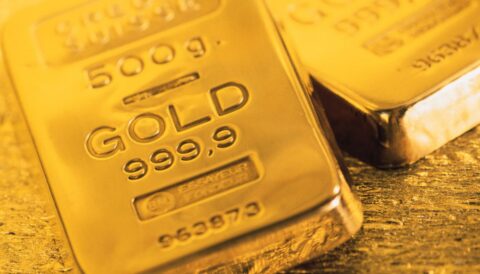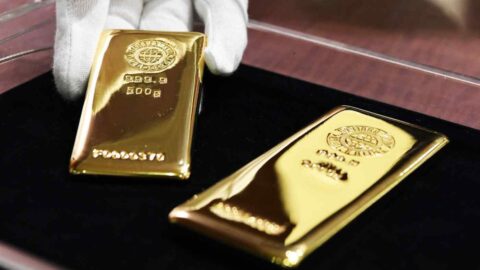The World Gold Council (WGC) recently reported that global gold rose in the third quarter of this year, primarily due to a surge in gold exchange-traded fund (ETF) investments. This quarter’s ETF inflows marked the first positive movement in over two years, contributing to a 5% rise in demand year-on-year. According to Commerzbank, this increase reached a record level for the third quarter. While investment demand for gold strengthened, demand for gold jewelry hit its lowest level for a Q3 since 2000, excluding the pandemic-affected year, 2020.
Gold ETFs Drive Record Growth in Investment Demand
Investment demand nearly doubled from last year’s third quarter, largely due to strong inflows into gold ETFs. Even though fewer people purchased physical gold, such as bars and coins, the increase in ETFs helped boost total demand. In the year’s first nine months, overall demand was 3% higher than the same period last year, even with a slight decrease in jewelry and central bank gold purchases. Commerzbank analysts highlight the role of ETFs in driving this growth and expect total investment demand to stay above last year’s levels through 2023.
Future Outlook for Gold ETFs, Interest Rates, and Stock Markets
Looking to the fourth quarter, gold ETFs may see continued growth. Likely interest rate cuts, high fiscal deficits, and overvalued stock markets could drive further ETF inflows. However, Commerzbank notes that U.S. political developments could impact demand. Central banks are expected to continue purchasing gold, though not as much as in previous years. While jewelry demand is projected to be lower than last year, it could still surpass initial expectations.
Unexplained Rise in Gold Prices During Q3
Gold prices rose by 15% in the third quarter, but the WGC data does not explain why. Higher gold prices may have limited demand for jewelry and central bank purchases. Gold in India increased due to a lowered import tax, but this may not continue in future quarters. Excluding OTC transactions, gold demand in the year’s first nine months was 3% lower than last year. ETF investments were the main driver of growth, but ETFs alone may not be enough to keep prices high over the long term.
In summary, gold rose in the third quarter, largely because of ETF inflows and changing investment patterns. These trends highlight the importance of monitoring market factors and global developments. To explore more about the latest in gold demand and investment trends, visit Daily Gold Signal. For ongoing updates, check out the Daily Gold Updates.




